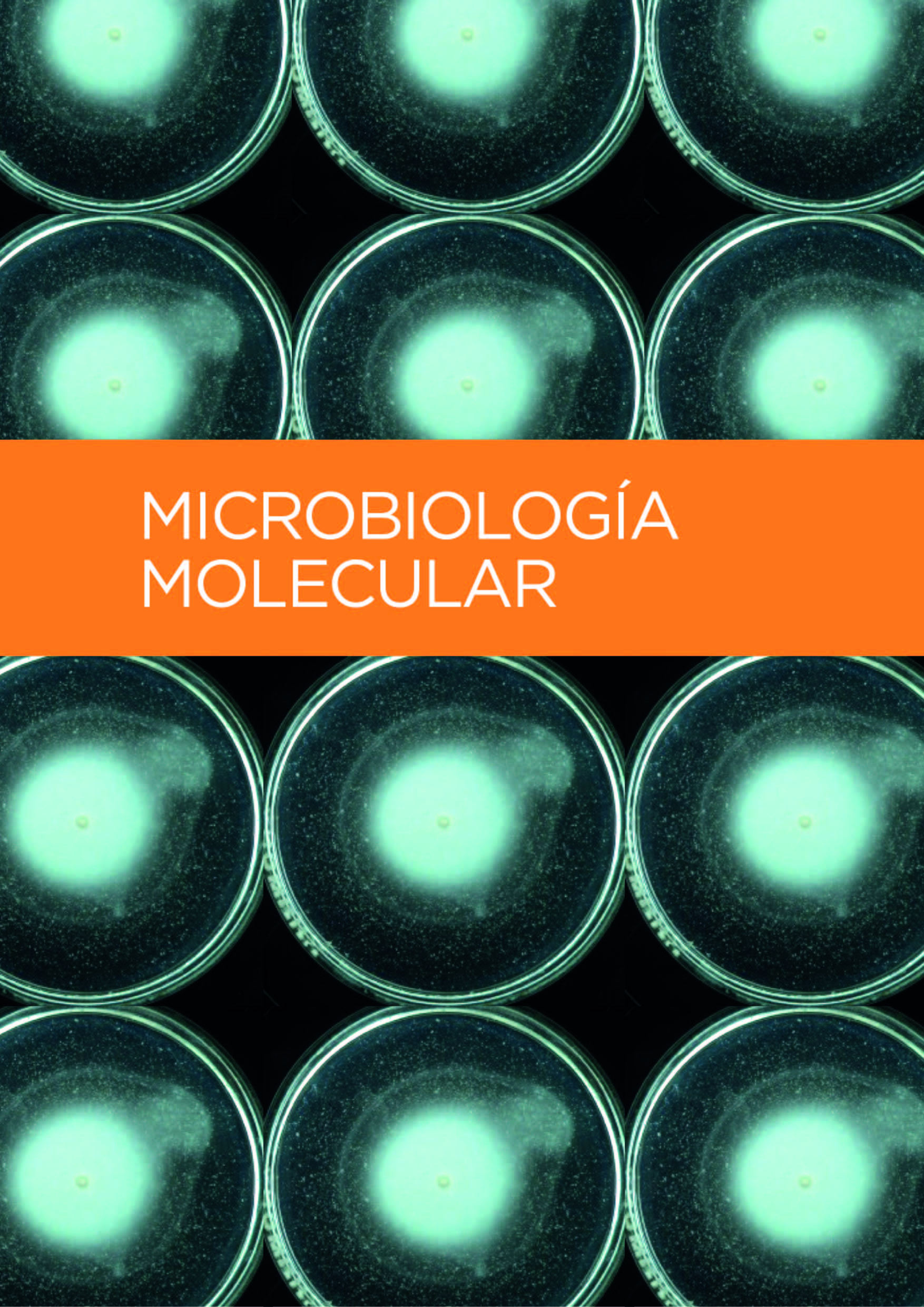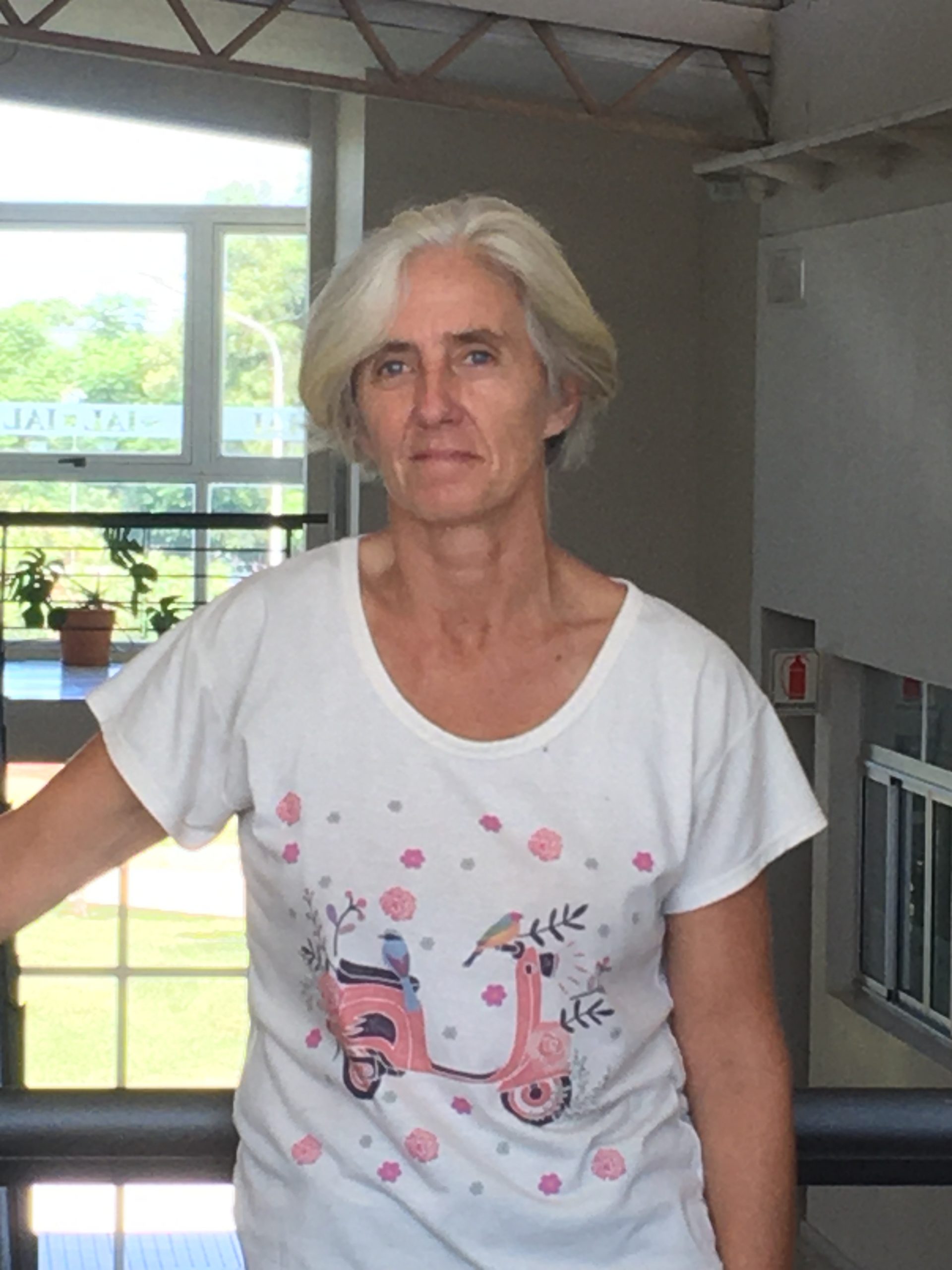 Research Interests
Research Interests
- Molecular bases of bacterial chemoreceptor signaling
- Chemoreceptor specificity in environmental microorganisms
- Biotechnological potential of a hydrocarbon-degrading strain: chemosensory systems, chemotaxis toward aromatic compounds, bioplastic production
In our research group we study the signaling mechanisms mediated by bacterial chemoreceptors. Our studies intend to understand the strong conservation of the basic signaling system and its diversification in different microorganisms.
We use different methods to assess the specificity of unknown chemoreceptors. Genomes of environmental microorganisms often code for a high number of chemoreceptors. Information on their specificity is a valuable tool in the study of their biology, and also provides clues about possible interactions with other organisms both in pathogenic or beneficial associations.
On the other hand, we are interested in the metabolism of Halomonas titanicae KHS3, an environmental strain isolated from Mar del Plata harbor. This is a hydrocarbon-degrading strain that also shows chemotactic responses to those substrates. We are studying two different chemosensory pathways that are coded in its genome and are involved in the canonical chemotaxis behavior and in biofilm formation. We are also interested in the ability of this halotolerant microorganism to accumulate polyhydroxyalkanoates (bioplastics) when it grows at the expenses of low-cost carbon sources, as waste glycerol from the biodiesel industry. Our research group moved to its new location IAL- CONICET, Santa Fe at the end of 2015.
 DIRECTOR CLAUDIA STUDDERT
DIRECTOR CLAUDIA STUDDERT